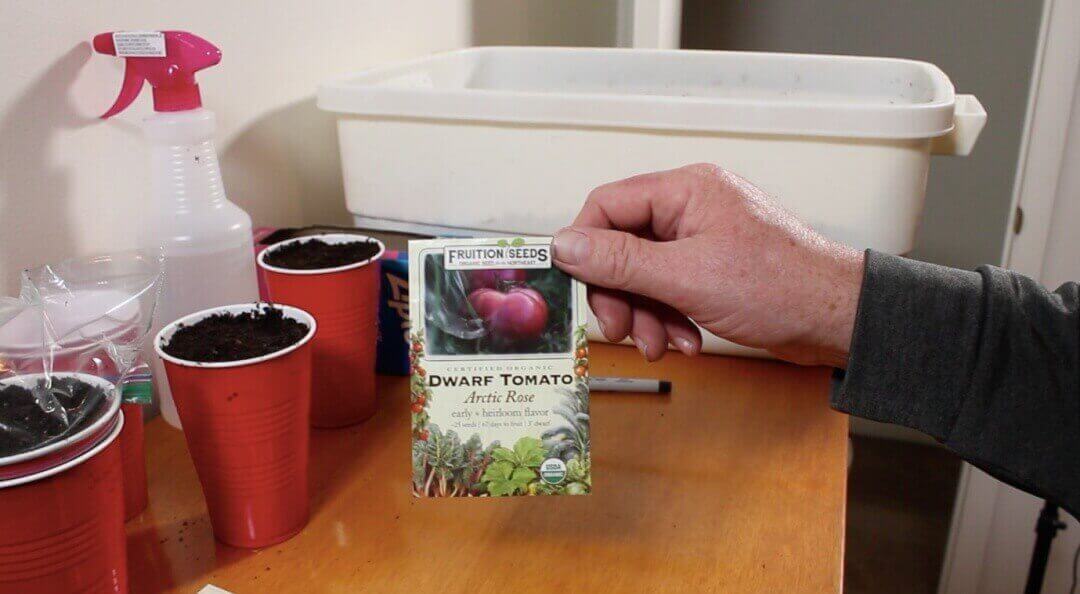Even though the title of this article mentions homeschool science projects, I want to state right off the bat that these science projects are designed for any student.
Whether your children are homeschooled or go to a public or private school, these science projects are designed to be fun for them.
The best part, the data your kids or students collect are added to a growing database that scientists use to study geographic biome variations.
Watch the video a bit lower in the article for more information.
The science programs are designed by researchers from StudentsDiscover.org and YourWildlife.org.
Homeschool Science Projects
Here are six interesting project examples (of more than 40) that would be excellent homeschool science projects.
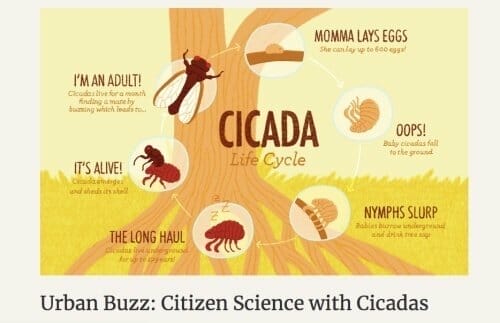
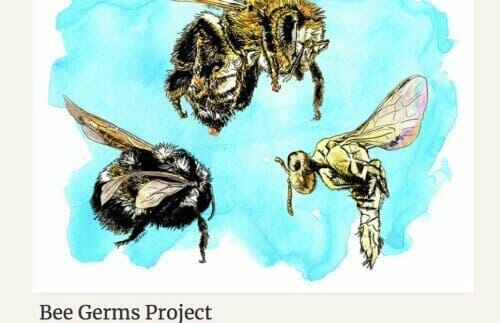

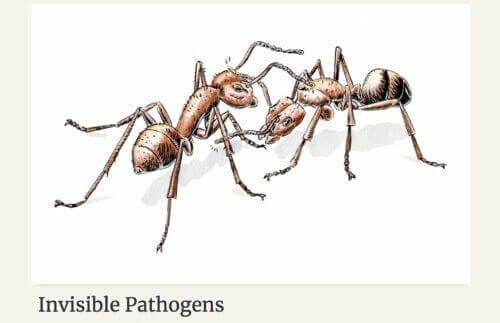
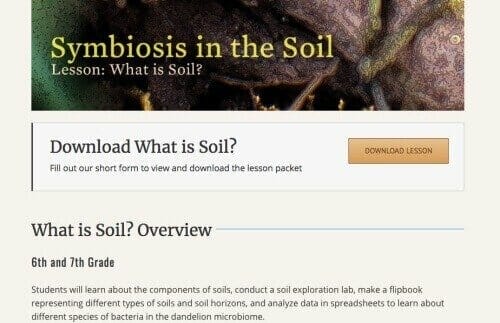

Watch the video below to see an example of how the projects work and how your student’s data can help scientists learn more about the project topics.
This is an introductory video for the Ant Picnic project.
More About The Organizations
The scientists at yourwildlife.org have spent the last several years doing science with the public.
They have discovered many interesting and fun things about the truths of belly buttons, armpits, face mites, backyard ants, and even domestic cats.
Your Wild Life has taken the next big step by bringing fun science projects into schools with Students Discover.
Though they say they’re bringing science projects into schools, those same projects will work with smaller groups and individual students. As such, they can also be homeschool science projects.
More specifically, they are trying to increase student and teacher enthusiasm worldwide by creating opportunities for real scientific discovery.
Never Out Of Season
I learned of these two organizations when I read the book Never Out Of Season by Rob Dunn.
You can read my review of Never Out of Season here.
I’m not sure if Dunn started Your Wild Life and Students Discover, but he is an integral part of both organizations.
Either way, the organizations have an excellent research and support team.
Involve Your Children In Science
If you homeschool your children, are a parent wanting to expand your kid’s knowledge, or are a teacher looking to inspire science in your students, check out these two organizations.
Their Goal
The goal is to engage 10,000 teachers and their students in these exciting science projects.
Their success in working with as many of your parents and teachers as possible will also create success for all students around the world involved with these projects.
Why?
Because the data collected by your students will be available to share with anyone in the project.
The data collected from the projects not only help your children learn about science but expands and provides scientific information that the world may use to solve an impending food crisis or shortage.
The Importance of the Projects
Dunn’s book, Never Out Of Season, explains how little we know about the web of life.
How each species, no matter how small or large, contributes to the balance of nature. The more we know about how life keeps itself in balance, the quicker we can correct imbalances when they occur in our food systems.
The projects are designed to collect those data and to set the student, your child, up for success.
Who knows, they may be able to announce that they were the first in the world to discover something no one else in the world has ever known.
Creating Interest in Science
Isn’t that enough to create interest in science, not only to learn something new and interesting but that the science is applicable right in their backyard?
Furthermore, the data they collected can be shared and used by others to solve problems we may face.
Get Involved Yourself
If you take the time to review the two websites, I think you’ll agree that getting involved with their cause is worth it.
Even if you don’t homeschool your kids or aren’t a teacher, pass along the information to your kid’s teacher or a friend that may be an educator.
Visit
You can visit the organizations’ websites using the buttons below. The links will take you to the list of science projects each provides. Use the contact button on those sites to get involved.
Leave A Comment and Share on Pinterest
Let me know what you think of these two organizations, and if you signed up for one or more of their projects, let us know how they worked out!
Share this post on Pinterest by pinning the image below on one of your boards!
Pin Me!



